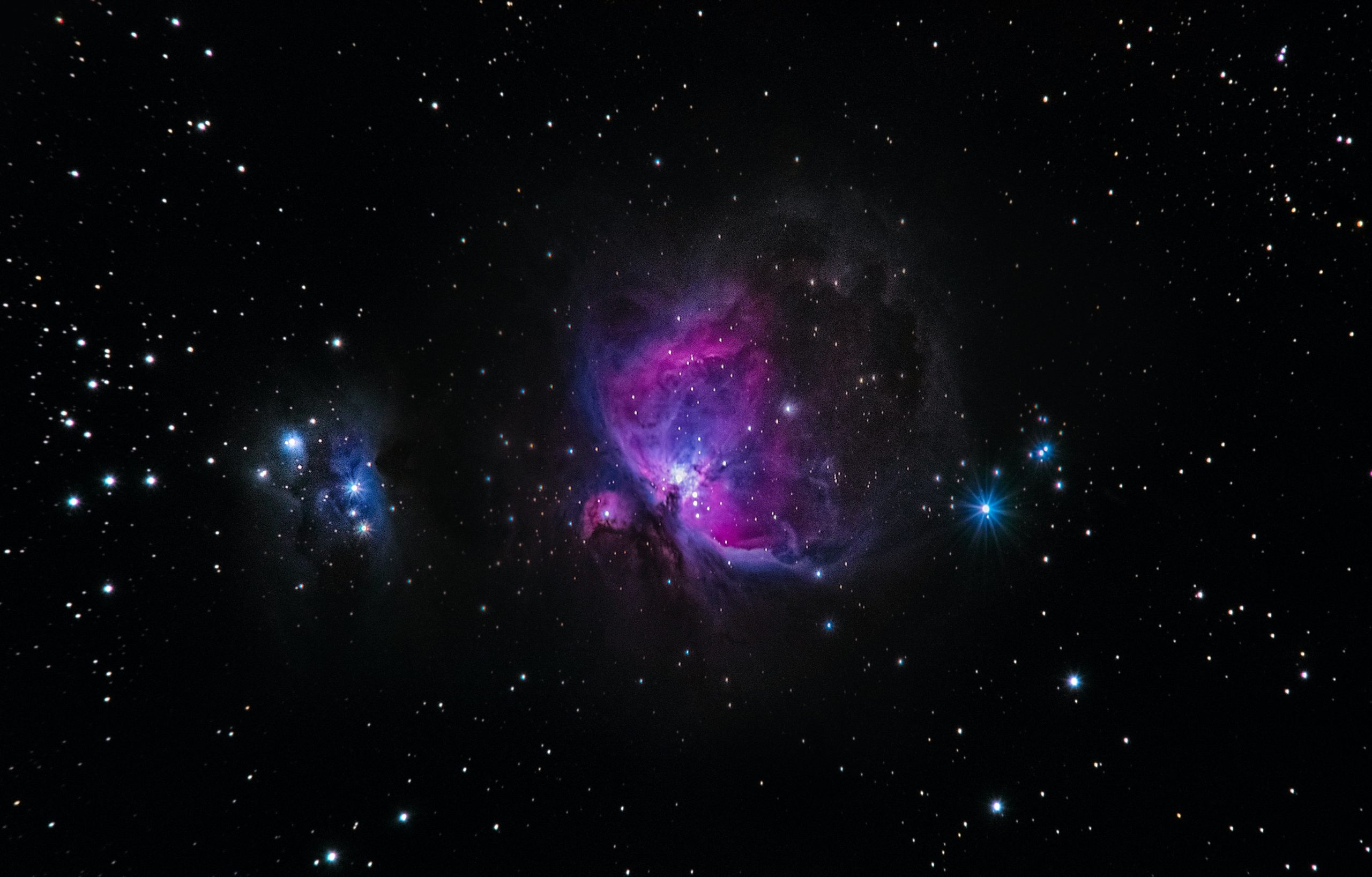Odin: All-Father of the Norse Pantheon

Looking for more amazing products? Check out our online store and explore our collection here! Happy shopping!
Before diving in, please note: This post is for informational purposes only. If you’d like to know more about how we approach topics, feel free to check out our friendly Disclaimer Page.
Hey there, amazing readers! 
We’re committed to delivering quality posts, and your support (even just sticking around despite the ads) means everything to us. So, bear with us, and thanks for helping us keep the good vibes rolling. Now, on to the fun stuff!
TRANSLATE BUTTON AT THE END OF THE ARTICLE
Odin: All-Father of the Norse Pantheon
Overview
Odin, also known as Woden or Wotan, is the central figure in Norse mythology and the All-Father of the Norse Pantheon.
He holds a prominent position among the Aesir gods, ruling over Asgard, the realm of the gods.
Odin is revered as the god of war, wisdom, magic, poetry, and the creator of the world.
His complex character represents a blend of traits, including a thirst for knowledge, a cunning nature, and a deep connection to the warrior culture.
This article examines Odin’s significance in Norse mythology, his various roles and associations, his iconic appearance and symbols, and his enduring legacy in Viking cultures.
Introduction to Odin’s significance in Norse mythology
In Norse mythology, Odin is considered the most powerful and revered of all gods.
As the All-Father, he holds a central place in the Norse Pantheon and is often depicted as the leader of the Aesir gods.
Odin’s significance lies in his multifaceted nature, encompassing various roles such as the god of war, wisdom, magic, poetry, and creation.
His influence extends beyond the gods and into the mortal realm, as he plays a crucial part in shaping the destiny of both gods and humans.
Origins and evolution of the Norse god Odin
The origins of Odin can be traced back to ancient Germanic and Scandinavian cultures.
He is believed to have evolved from earlier Germanic deities and legends, eventually merging with other gods to become the all-powerful figure we know today.
Odin’s name stems from the Old Norse "Óðinn," which is thought to derive from the Proto-Germanic word "Wōđanaz." The Norse sagas and poems provide valuable insights into the evolution of Odin’s character and the beliefs surrounding him.
Odin’s role as king of the Aesir gods
As the king of the Aesir gods, Odin holds a position of authority and power within the Norse Pantheon.
He presides over Asgard, the realm of the gods, along with his wife Frigg, the queen of the Aesir.
Odin is known for his wise counsel and ability to make decisions that benefit the gods and maintain order in the cosmos.
He is often depicted as a just and fair ruler, embodying the qualities of leadership and divine authority.
The wisdom and knowledge associated with Odin
One of Odin’s most prominent characteristics is his insatiable thirst for knowledge.
He is often referred to as the "wise one" and the "all-knowing," as he possesses immense wisdom and insight.
Odin’s pursuit of knowledge is reflected in his association with ravens and his willingness to make great sacrifices to gain knowledge and understanding.
He is also the patron deity of wisdom, poetry, and knowledge-seeking individuals, inspiring poets, scholars, and intellectuals.
Odin’s connection to war, battle, and warrior culture
Odin’s connection to war and battles is deeply ingrained in Norse mythology.
He is the god of warriors and often depicted as leading the slain warriors to the afterlife in Valhalla, his great hall.
Odin is known for his fierce and relentless nature during battles, inspiring warriors and granting them strength and courage.
He embodies the warrior culture of the Vikings, emphasizing bravery, skill, and ferocity in combat.
Odin’s iconic appearance and symbols
Odin is typically depicted as a tall, bearded man with a single eye, as he sacrificed one of his eyes in exchange for wisdom.
He is often shown wearing a wide-brimmed hat and a cloak, both associated with his magical abilities.
Odin is frequently accompanied by his two ravens, Huginn and Muninn, which symbolize thought and memory, as well as his trusted eight-legged horse, Sleipnir.
These iconic symbols represent Odin’s wisdom, knowledge, and connection to the spiritual and natural worlds.
Odin’s role as the god of poetry and inspiration
In addition to his role as the god of war and wisdom, Odin is also revered as the god of poetry and inspiration.
He is credited with inventing the runic alphabet, which was used for divination and magical purposes.
Explore the Path to Spirituality and Enlightenment – Start Here.
Odin’s association with poetry is further emphasized by his ability to grant poetic inspiration to mortals.
Skalds, the Viking poets, often invoked Odin for inspiration and relied on his favor to produce their most eloquent verses.
The legendary quest for knowledge: Odin’s sacrifice for wisdom
One of the most famous tales surrounding Odin is his quest for wisdom and knowledge.
According to Norse mythology, Odin hung himself from the World Tree, Yggdrasil, for nine days and nights, pierced by his spear, Gungnir.
In this self-imposed sacrifice, Odin sought to gain esoteric knowledge and the secrets of the runes.
This legendary act symbolizes his unwavering dedication to knowledge and his willingness to make personal sacrifices for the greater good.
Odin’s association with magic and sorcery
Odin is closely associated with magic and sorcery in Norse mythology.
He is considered the master of magic and possesses deep knowledge of mystical arts.
Odin’s ability to shape-shift into various forms, such as animals or humans, and his association with divination and prophecy demonstrate his command over magical forces.
He is often sought after by mortals and gods alike for guidance in matters of magic and the supernatural.
Odin’s role in the creation and destiny of the world
Odin’s role in the creation and destiny of the world is significant in Norse mythology.
According to the Norse creation myth, Odin, along with his brothers Vili and Ve, slayed the primordial giant Ymir, using his body to create the world.
Odin and his brothers then established order and balance in the cosmos, setting the stage for the existence of gods, humans, and all living beings.
As the ruler of Asgard, Odin plays a crucial part in maintaining the balance between the realms and ensuring the fulfillment of prophecies and destinies.
Odin’s influence on Viking cultures and beliefs
The figure of Odin had a profound influence on Viking cultures and beliefs.
Odin was not only a deity to be worshipped, but also a role model and source of inspiration for the Vikings.
His qualities of wisdom, courage, and cunning were highly valued in Viking society, shaping their understanding of leadership, warfare, and the pursuit of knowledge.
The cult of Odin, with its rituals and sacrifices, played a central role in Viking religious practices, reflecting the importance of Odin in their lives.
Conclusion: Odin’s enduring legacy in Norse mythology
Odin, the All-Father of the Norse Pantheon, remains an enduring and revered figure in Norse mythology.
His complex character, encompassing various roles and associations, has captivated the imaginations of both ancient and modern audiences.
Odin’s significance as the god of war, wisdom, magic, poetry, and creation resonates throughout Norse mythology, influencing Viking cultures, beliefs, and values.
His iconic appearance and symbols continue to symbolize wisdom, knowledge, and the pursuit of truth.
As the embodiment of both the light and dark aspects of human nature, Odin’s enduring legacy serves as a reminder of the complexities and mysteries of the cosmos.

The Enlightenment Journey is a remarkable collection of writings authored by a distinguished group of experts in the fields of spirituality, new age, and esoteric knowledge.
This anthology features a diverse assembly of well-experienced authors who bring their profound insights and credible perspectives to the forefront.
Each contributor possesses a wealth of knowledge and wisdom, making them authorities in their respective domains.
Together, they offer readers a transformative journey into the realms of spiritual growth, self-discovery, and esoteric enlightenment.
The Enlightenment Journey is a testament to the collective expertise of these luminaries, providing readers with a rich tapestry of ideas and information to illuminate their spiritual path.
Our Diverse Expertise
While our primary focus is on spirituality and esotericism, we are equally passionate about exploring a wide range of other topics and niches 

To ensure we provide the most accurate and valuable insights, we collaborate with trusted experts in their respective domains 
Our blog originally focused on spirituality and metaphysics, but we’ve since expanded to cover a wide range of niches. Don’t worry—we continue to publish a lot of articles on spirituality! Frequently visit our blog to explore our diverse content and stay tuned for more insightful reads.
Hey there, amazing reader! 
Check out our store here and take a peek at some of our featured products below! Thanks for being awesome!














